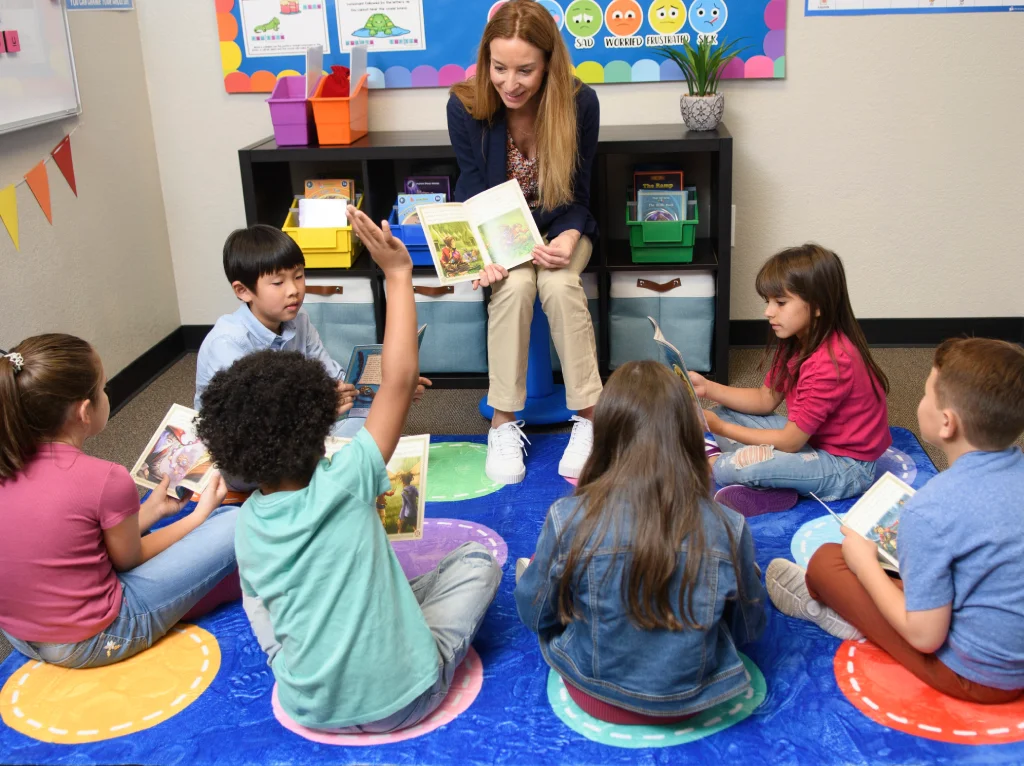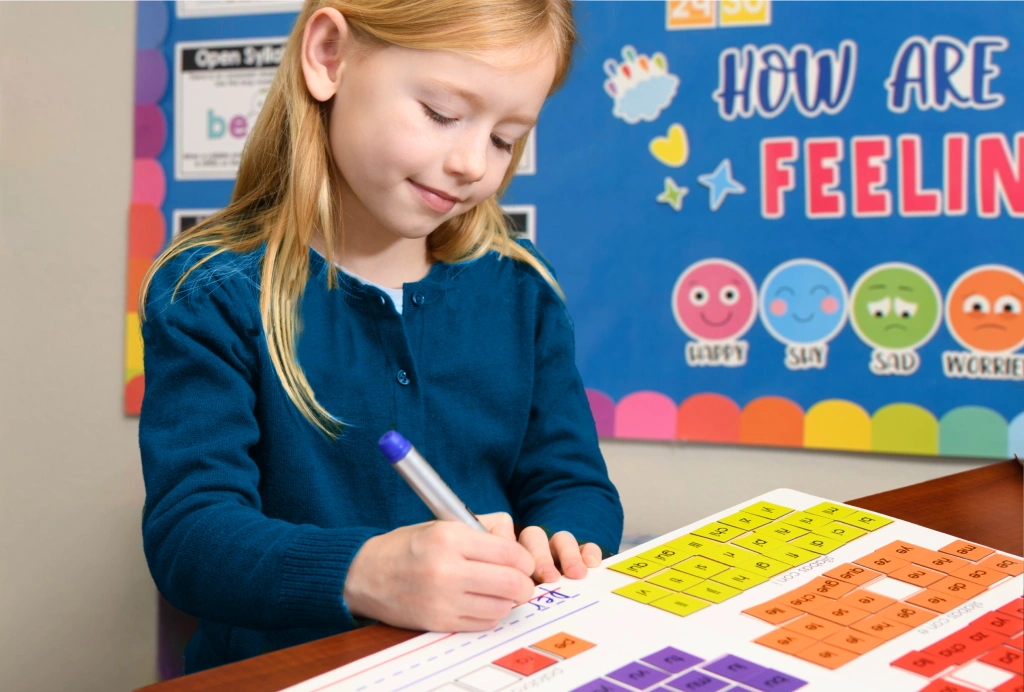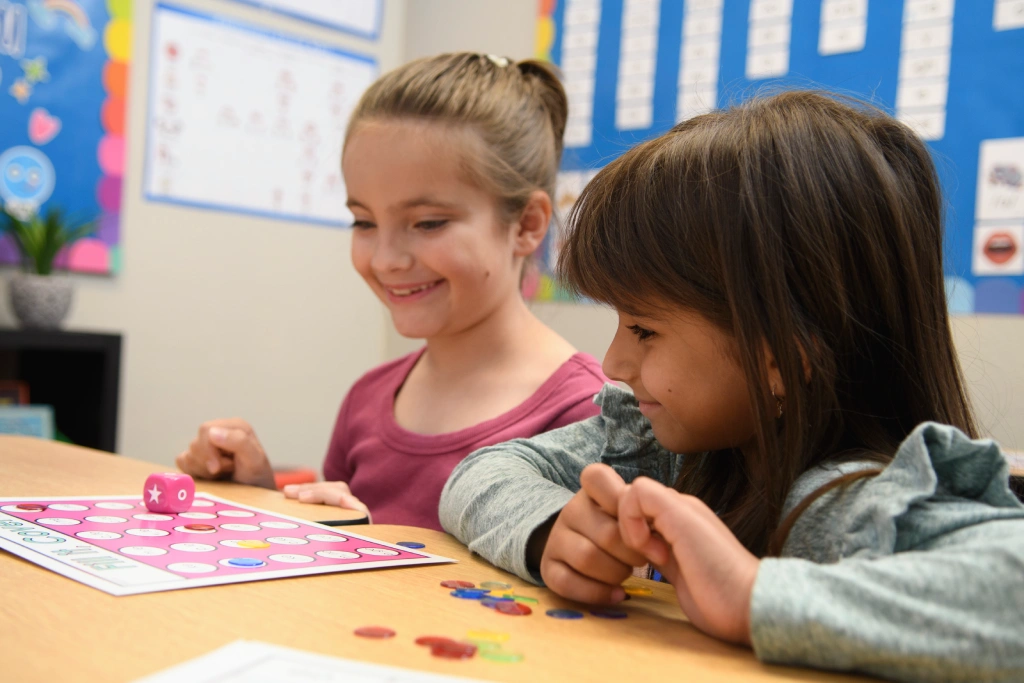Bilingualism is more than just the ability to speak two languages. For young learners, it can be a powerful tool that enhances their literacy skills in both languages. Understanding how bilingualism contributes to reading skills and language acquisition can help educators and parents support children’s development more effectively.
The Connection Between Bilingualism and Literacy
Understanding Bilingualism
Bilingualism refers to the ability of an individual to understand and use two languages. This skill can be developed from birth or acquired later in life. For young learners, being bilingual means navigating between two linguistic systems, which can offer unique cognitive benefits and influence literacy development.
Literacy Skills in Young Learners
Literacy skills encompass the ability to read and write effectively. These skills are foundational for academic success and are crucial for communication in everyday life. Young learners who are exposed to more than one language often show a different pattern of literacy development compared to their monolingual peers.

How Bilingualism Enhances Literacy Skills
Cognitive Flexibility and Reading Skills
Bilingual children often develop cognitive flexibility, which is the ability to switch between different tasks or thoughts. This flexibility can improve reading skills, as bilingual learners can easily navigate between different language structures and vocabularies. This ability to switch and adapt is beneficial when learning to decode and comprehend texts in both languages.
Enhanced Phonological Awareness
Phonological awareness is the ability to recognize and manipulate sounds in spoken language. Bilingualism enhances this skill by exposing children to different sound systems, which can improve their ability to identify and work with sounds in both languages. This heightened awareness supports better reading and spelling abilities.
Vocabulary Development
Bilingual learners have the advantage of building vocabulary in two languages. This dual-language exposure broadens their understanding of language concepts and meanings, aiding in deeper comprehension and literacy skills. Children who learn to express similar ideas in different languages often develop a rich vocabulary base that supports reading proficiency.
The Role of Language Acquisition in Literacy
Simultaneous vs. Sequential Bilingualism
Language acquisition in bilingual learners can occur simultaneously or sequentially. Simultaneous bilingualism happens when a child learns two languages from birth, while sequential bilingualism occurs when a second language is learned after the first. Both types of bilingualism can positively affect literacy skills, although the process and outcomes may differ.
Transferable Skills
One of the significant advantages of bilingualism is the transfer of literacy skills from one language to another. Skills such as phonemic awareness, decoding, and comprehension strategies can transfer across languages, providing a foundation for literacy in both. This transferability can accelerate literacy development and improve overall reading competence.
Cultural Context and Literacy
Bilingual learners often gain cultural insights and understanding through their language experiences. This cultural awareness can enhance their reading comprehension by allowing them to connect texts to broader cultural contexts. Understanding stories and texts from multiple cultural perspectives enriches their literacy experience.
Supporting Bilingualism and Literacy in Young Learners
Creating a Language-Rich Environment
To support bilingualism and literacy, it is essential to create a language-rich environment where both languages are valued and used. Encouraging reading in both languages at home and school reinforces literacy skills and boosts confidence in using both languages.
Utilizing Technology and Resources
Technology offers a wealth of resources to support bilingual literacy development. Educational apps, online books, and language-learning platforms can provide interactive and engaging ways for children to practice their reading skills in both languages. Leveraging these tools can make language acquisition fun and effective.
Encouraging Family and Community Involvement
Family and community play a crucial role in supporting bilingual literacy. Involving family members in language activities and cultural traditions can strengthen language use and literacy skills. Community programs and bilingual education initiatives can also offer valuable support and resources for young learners.

Real-Life Examples of Bilingualism Enhancing Literacy
Case Studies and Success Stories
There are numerous examples of bilingual learners excelling in literacy due to their language skills. For instance, children in dual-language immersion programs often outperform their monolingual peers in reading assessments. These programs emphasize the development of literacy in both languages, providing a strong foundation for academic success.
Research Findings
Research consistently shows that bilingualism positively impacts literacy development. Studies have found that bilingual children often have better phonological awareness, vocabulary, and reading comprehension skills compared to monolingual children. These findings highlight the cognitive and linguistic advantages of bilingualism in literacy acquisition.
Conclusion
Bilingualism offers young learners a unique advantage in developing literacy skills. By enhancing cognitive flexibility, phonological awareness, and vocabulary, bilingualism supports robust reading skills in both languages. Parents, educators, and communities can foster this development by creating supportive, language-rich environments and utilizing available resources. Embracing bilingualism not only enriches literacy but also broadens cultural understanding and communication abilities, preparing children for a globalized world.
Contact PDX Reading Specialist for a Comprehensive Assessment
If you’re interested in understanding how bilingualism can enhance your child’s literacy skills, we encourage you to reach out to the PDX Reading Specialist. Our team offers comprehensive assessments tailored to your child’s unique language needs. Contact us today to schedule an appointment and take the first step towards supporting your child’s literacy journey!


